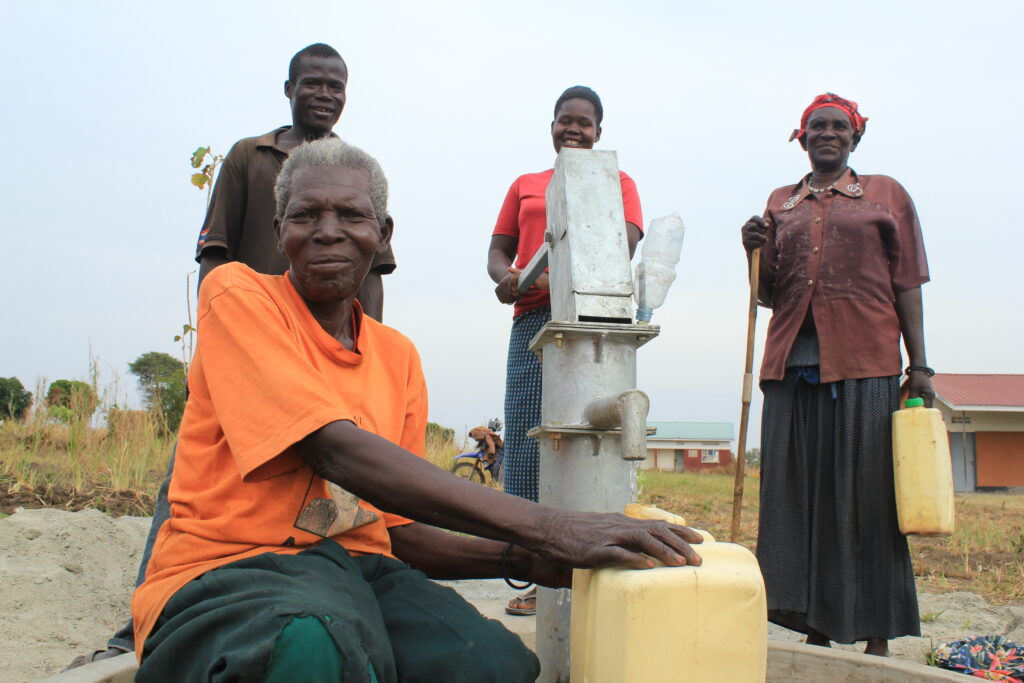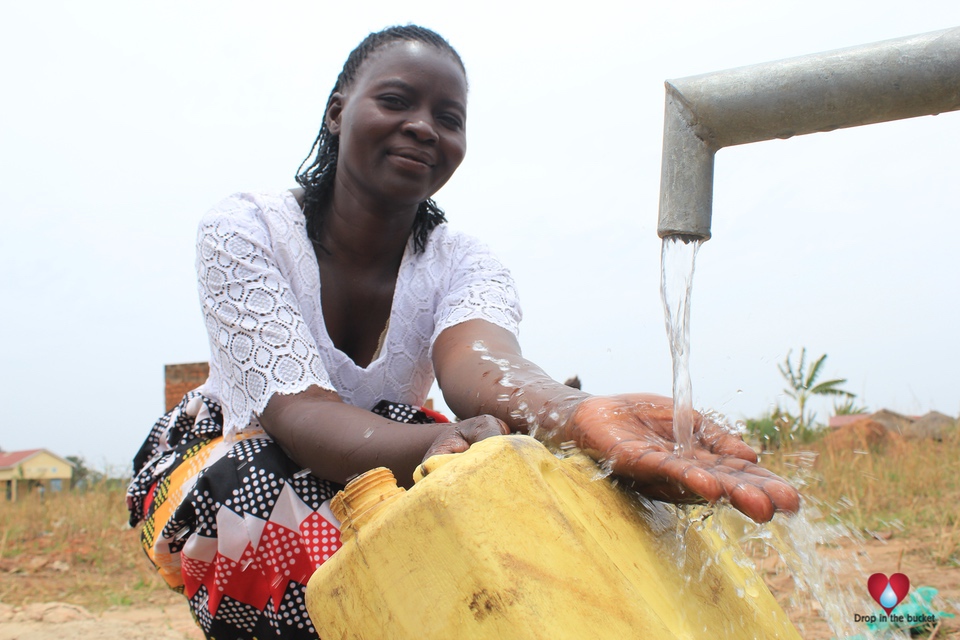New Video on Drop in the Bucket’s Education Program in South Sudan
We recently completed this video on our education program in South Sudan. It does a good job of explaining why a water charity would expand its program to include providing scholarships to girls.
Since Drop in the Bucket started in 2006, our goal has been simple: to help children in sub-Saharan Africa go to school by building wells and toilets in schools. In 2009, we expanded our program to include South Sudan. The reason was simple: South Sudan has fewer girls in school than any other country in Africa.
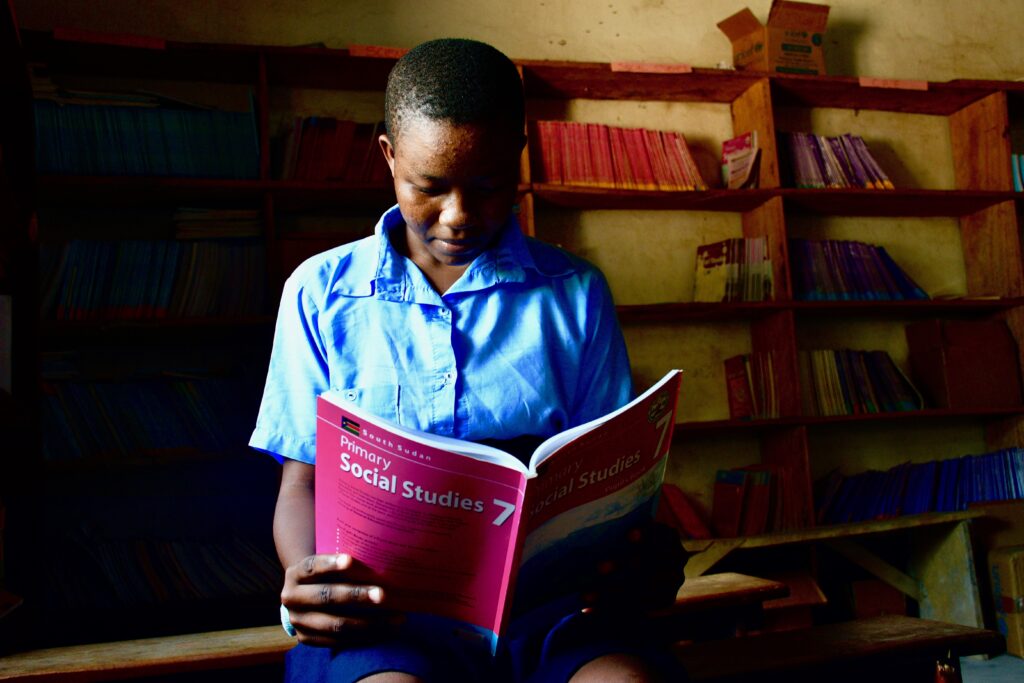
The Benefits of Education
In many parts of sub-Saharan Africa, education is highly valued by parents. However, poverty and limited resources often force families to make difficult choices. Sons are prioritized for education while daughters are often relegated to household chores, including the daily task of fetching water for the family.
Recognizing this disparity, Drop in the Bucket expanded our program to start providing secondary school scholarships to girls. By collaborating closely with local school authorities, we identify high-potential girls who are at risk of dropping out due to financial constraints or cultural norms. Through its scholarship program, Drop in the Bucket provides these girls with the financial support they need to continue their education and realize their full potential.
But why is a water charity providing scholarships to girls?
But why focus only on girl education? Well, when girls go to school, it’s not just good for them. It’s good for everyone! Girls who go to school are more likely to get married later, have fewer children, and are able to do more to help their families and communities. Simply put, education helps people lift themselves out of poverty.
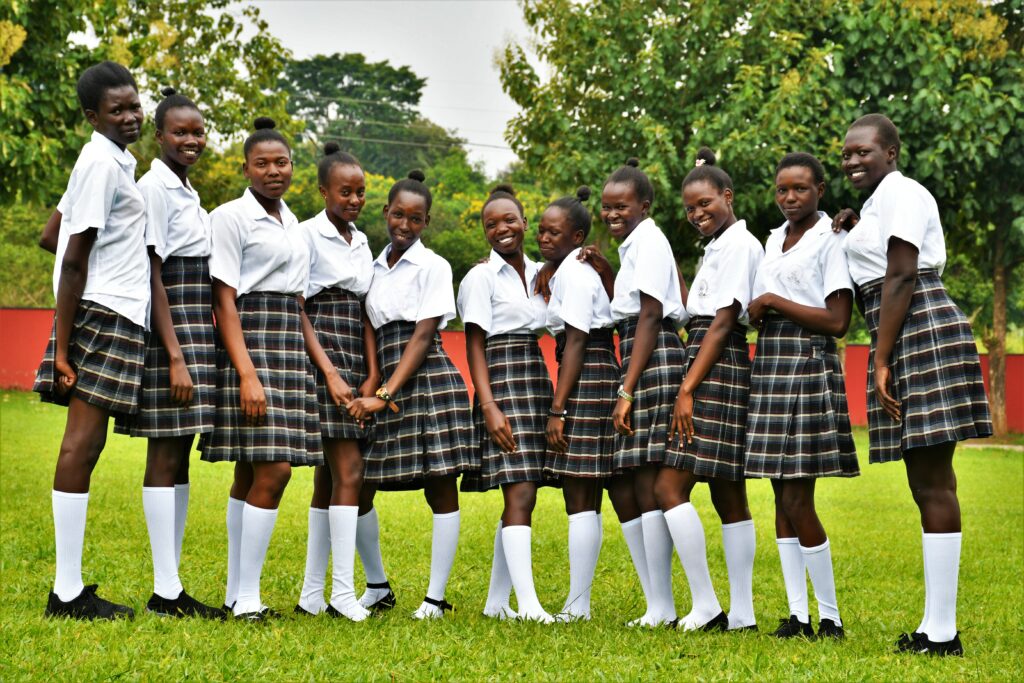
We don’t just stop at scholarships. We also help fix other problems that stop girls from going to school, like not having clean water or toilets. By fixing these things at schools, we make it easier for girls to learn. Girls are usually affected more when there’s no clean water or toilets at school.
In a world where boys often get more chances than girls, we’re working hard to change that. We want to make sure every child, no matter if they’re a boy or a girl, has the chance to go to school. So, we’re asking you to join us in making a difference, one well, one child, and one scholarship at a time.
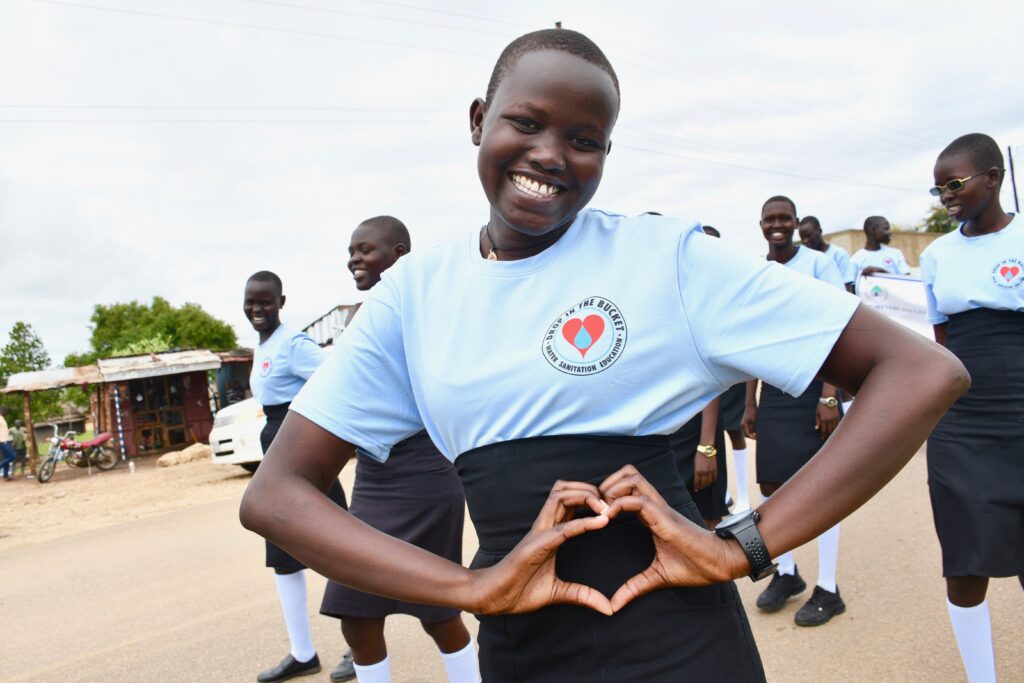
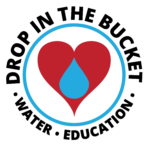

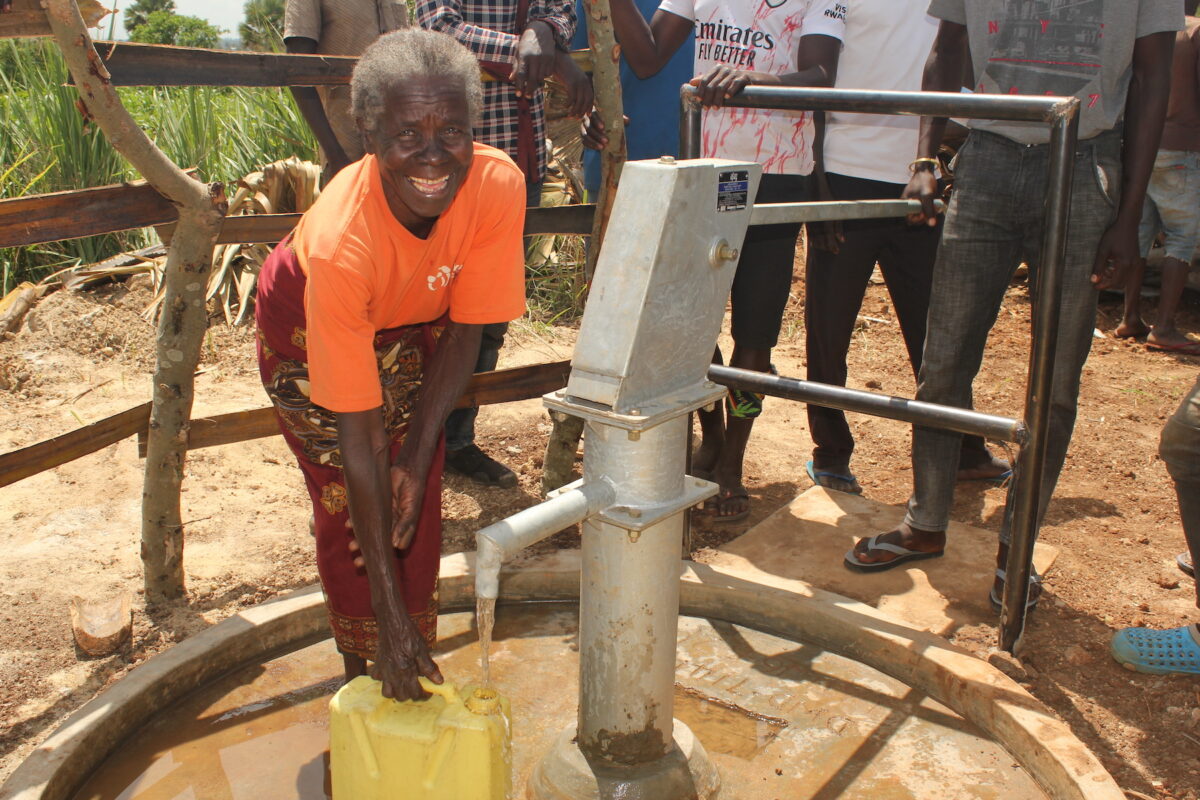
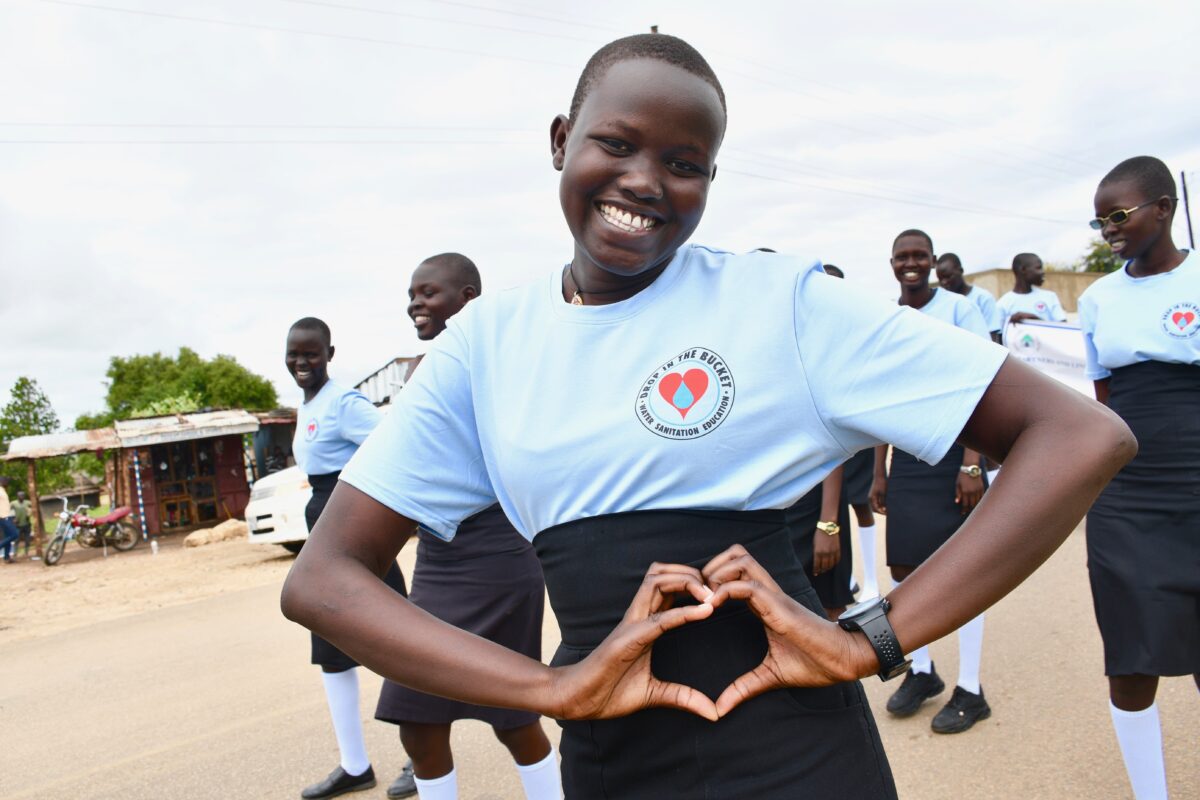
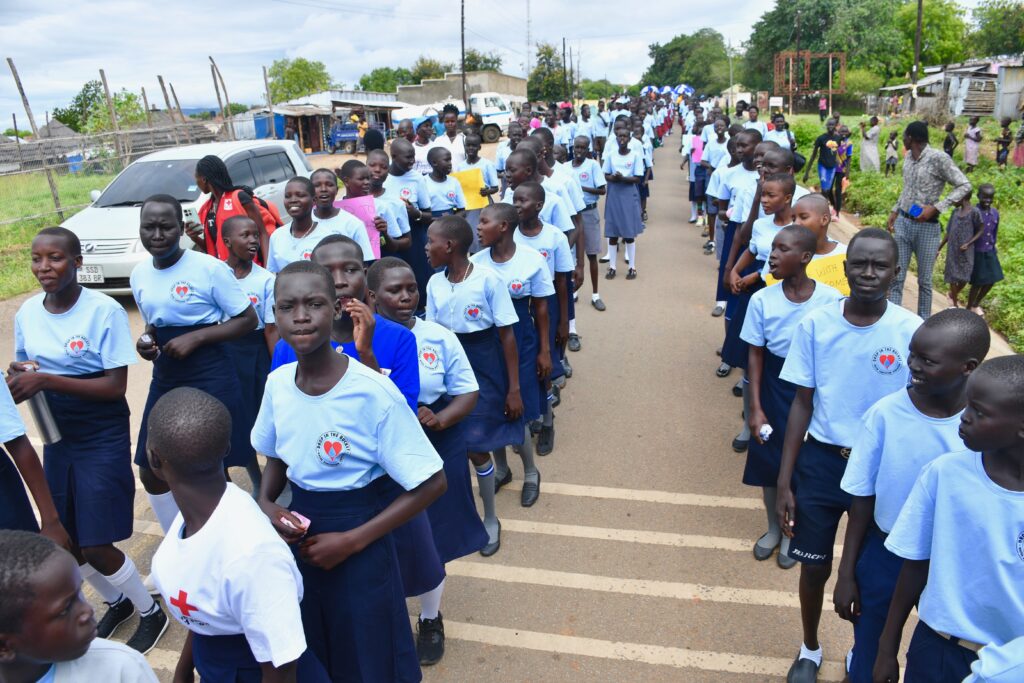
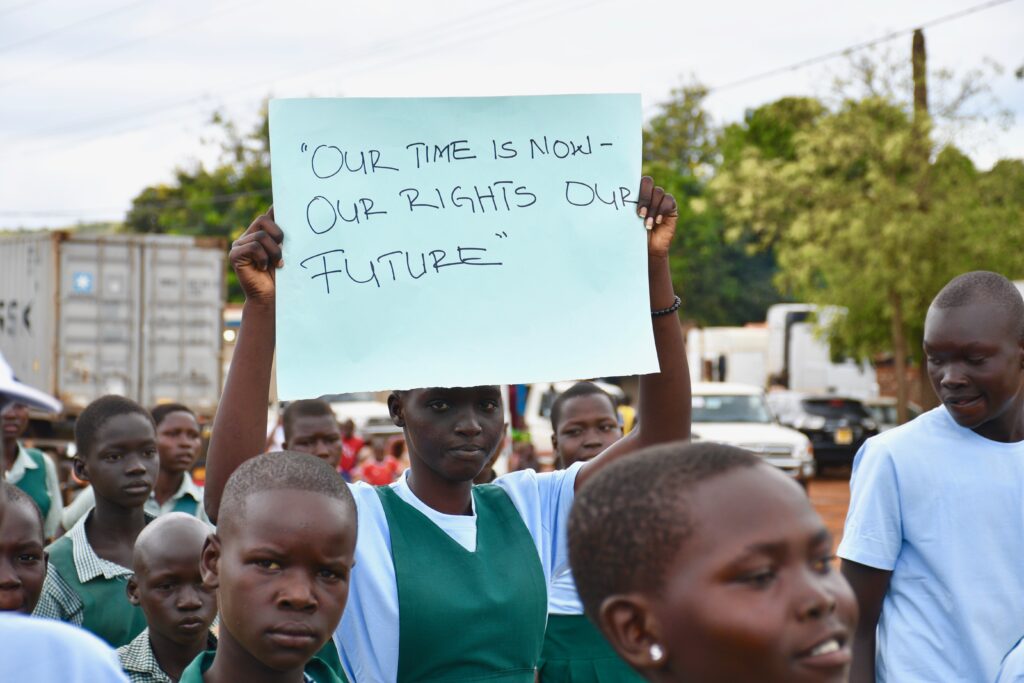
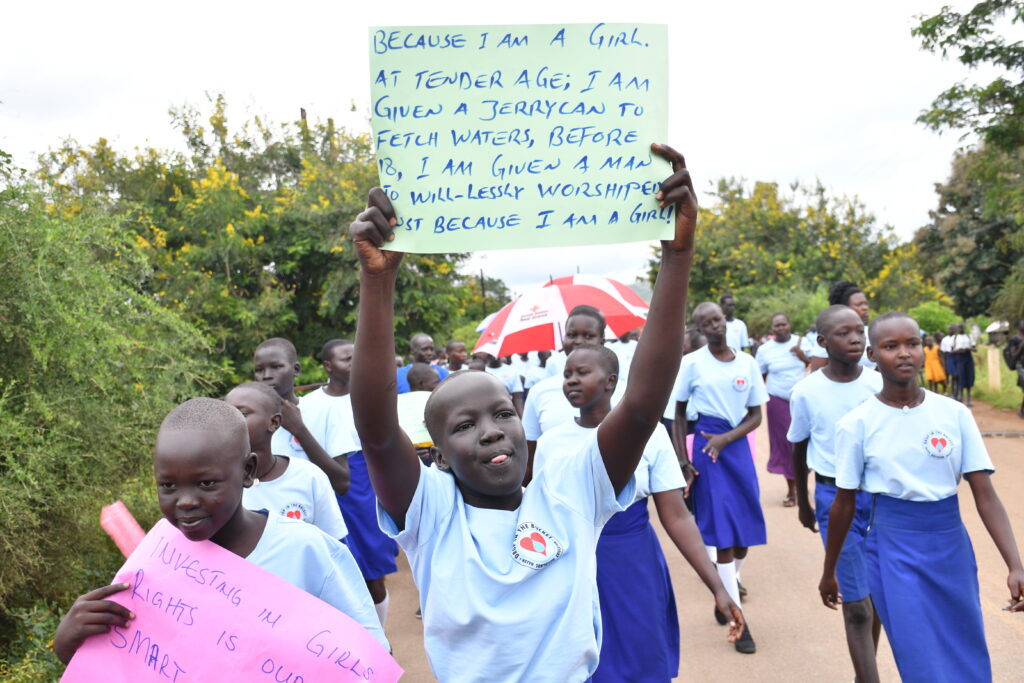
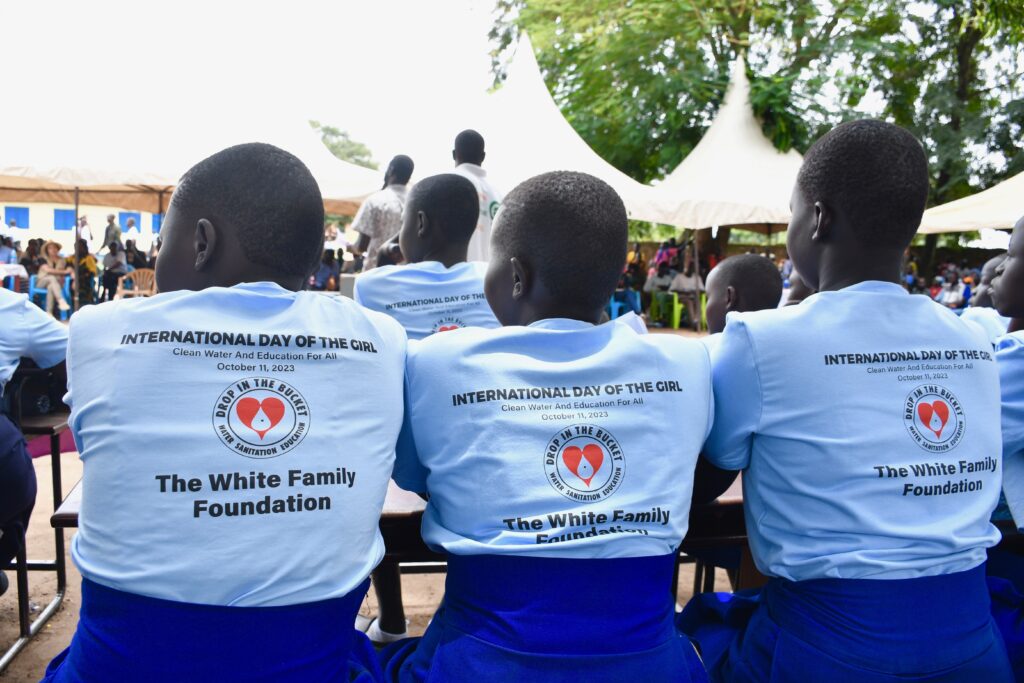
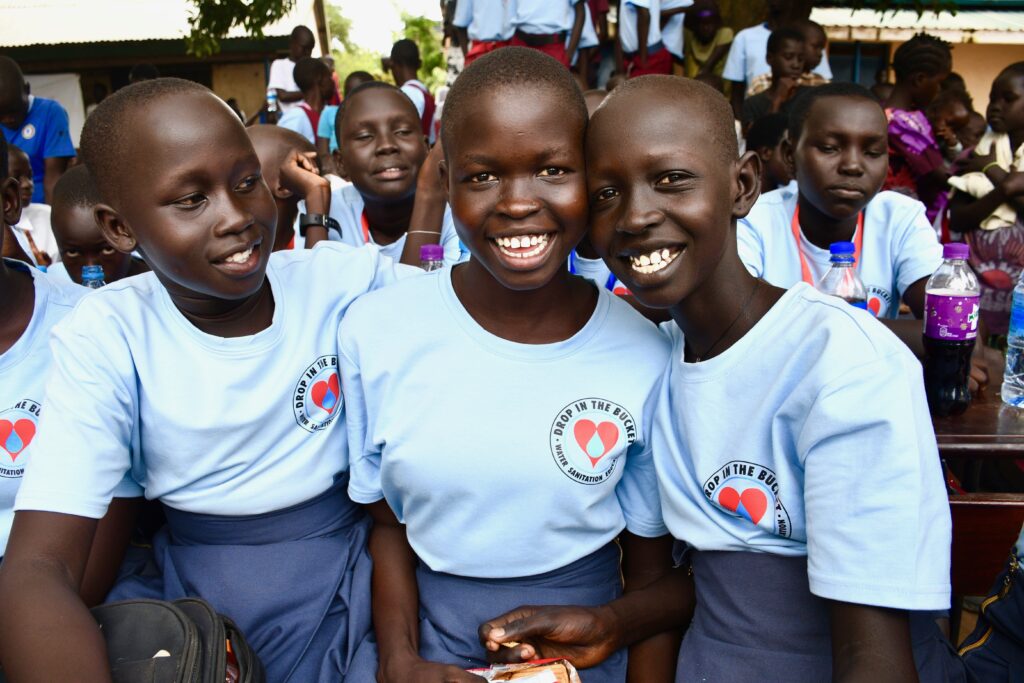
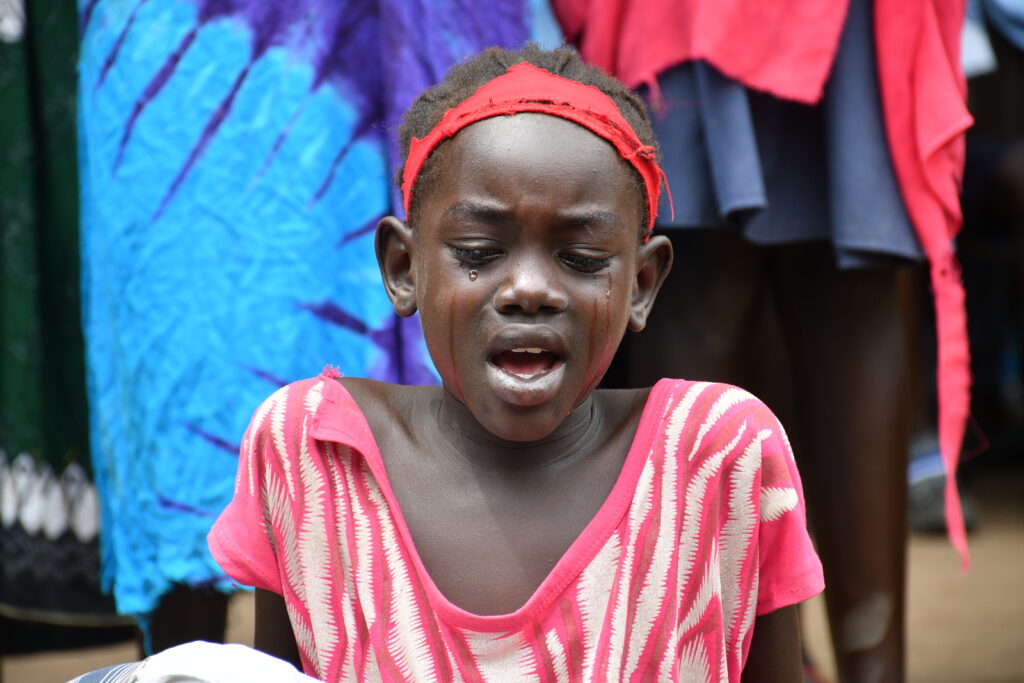
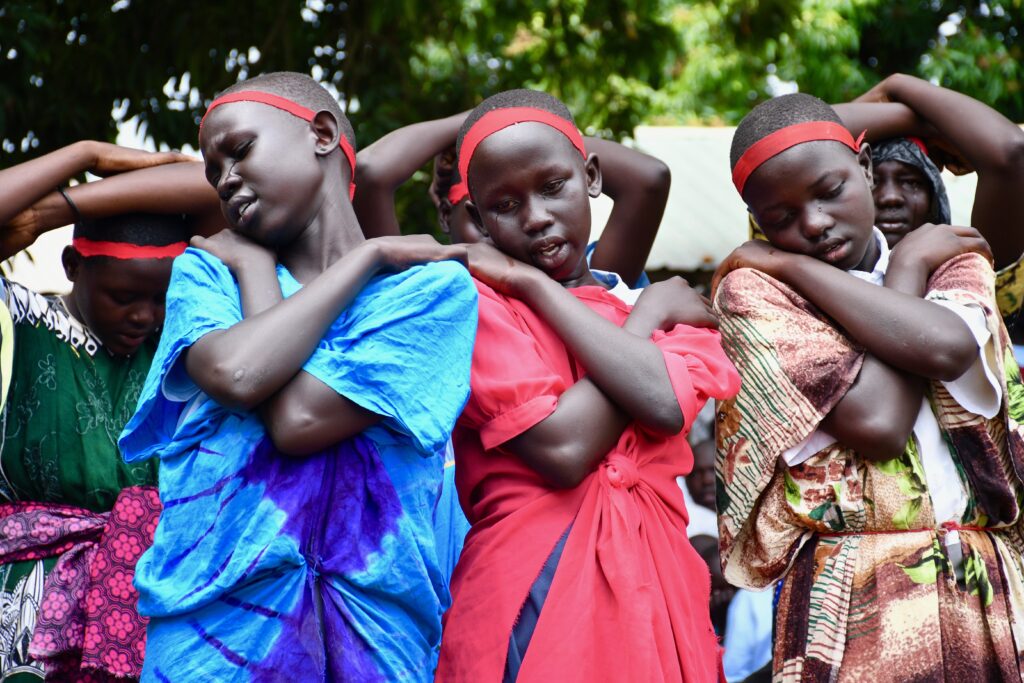
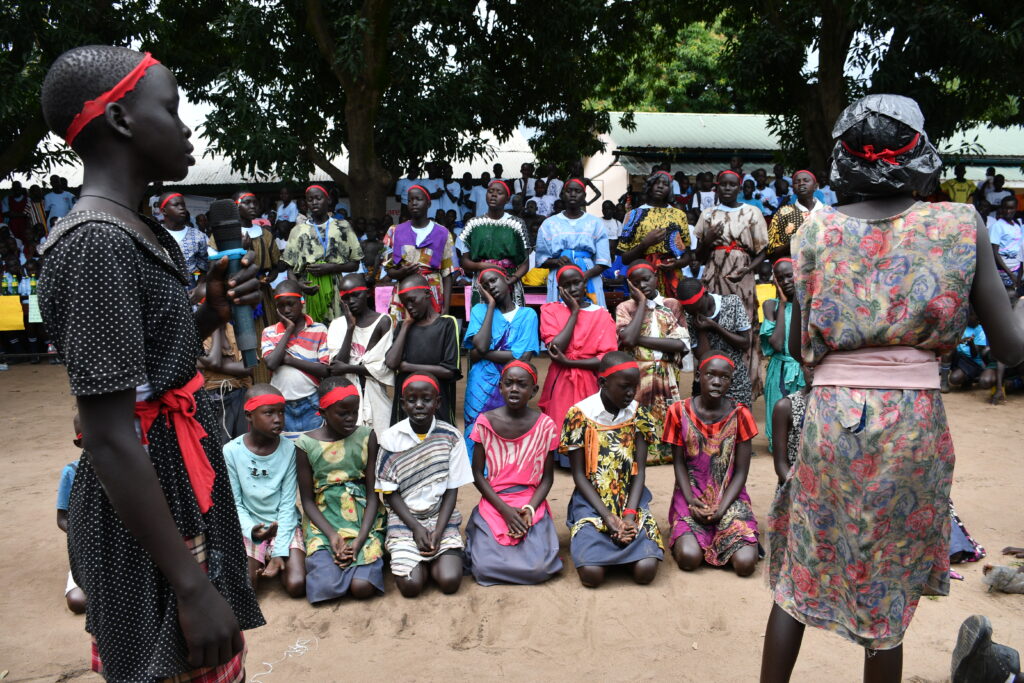
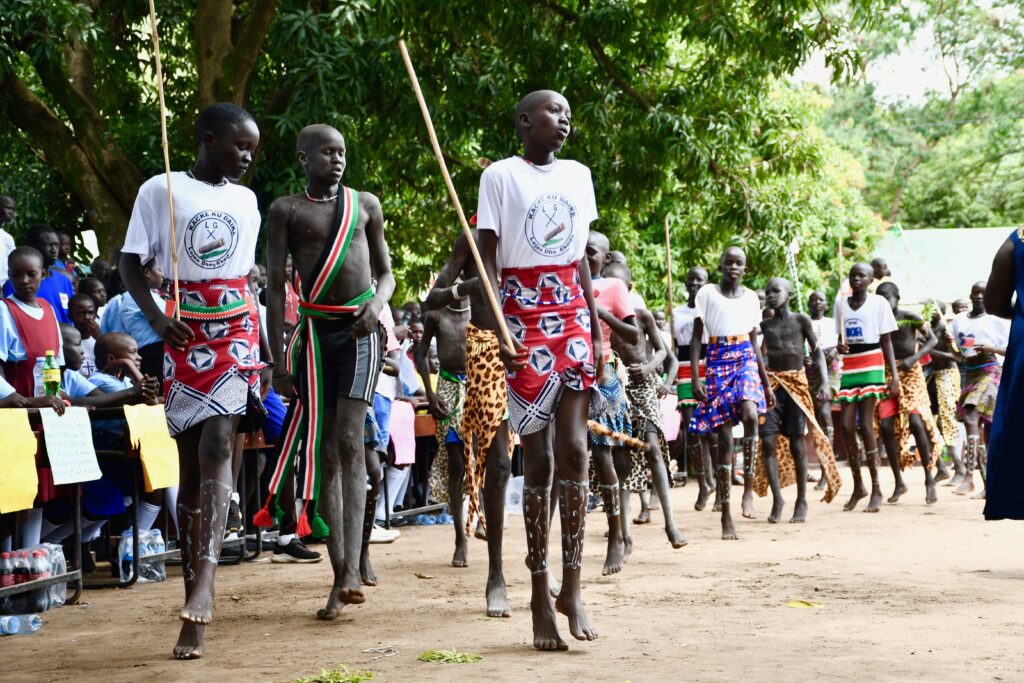
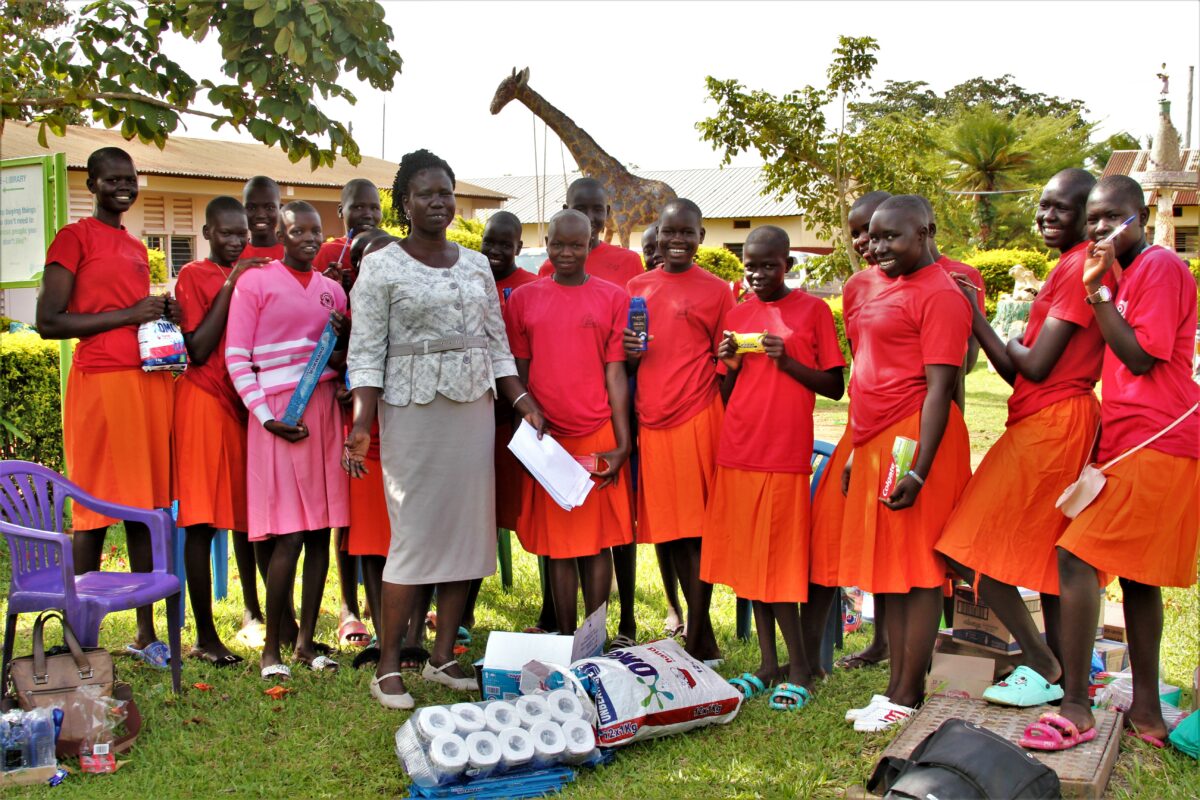
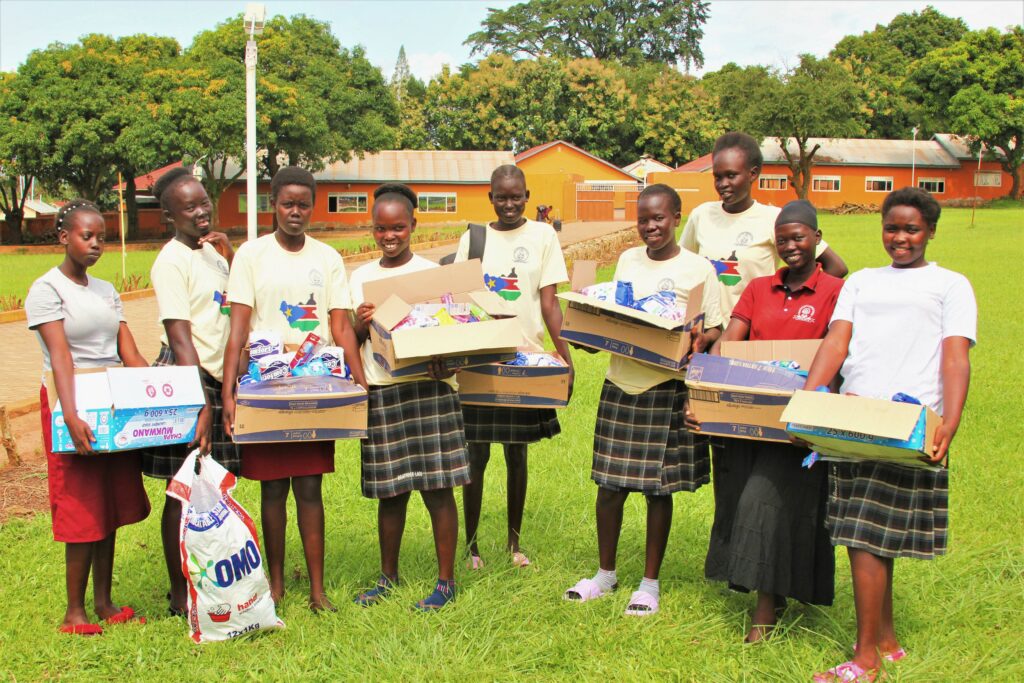 After a well-deserved second-term holiday, it’s time for the students to go back to school in South Sudan. The anticipation and excitement are palpable as our recent photos capture the moments of scholastic materials being sorted and groups of enthusiastic girls loading into vehicles. This year, we are proud to announce that we have nearly 200 girls receiving scholarships, each with a bright future ahead.
After a well-deserved second-term holiday, it’s time for the students to go back to school in South Sudan. The anticipation and excitement are palpable as our recent photos capture the moments of scholastic materials being sorted and groups of enthusiastic girls loading into vehicles. This year, we are proud to announce that we have nearly 200 girls receiving scholarships, each with a bright future ahead.
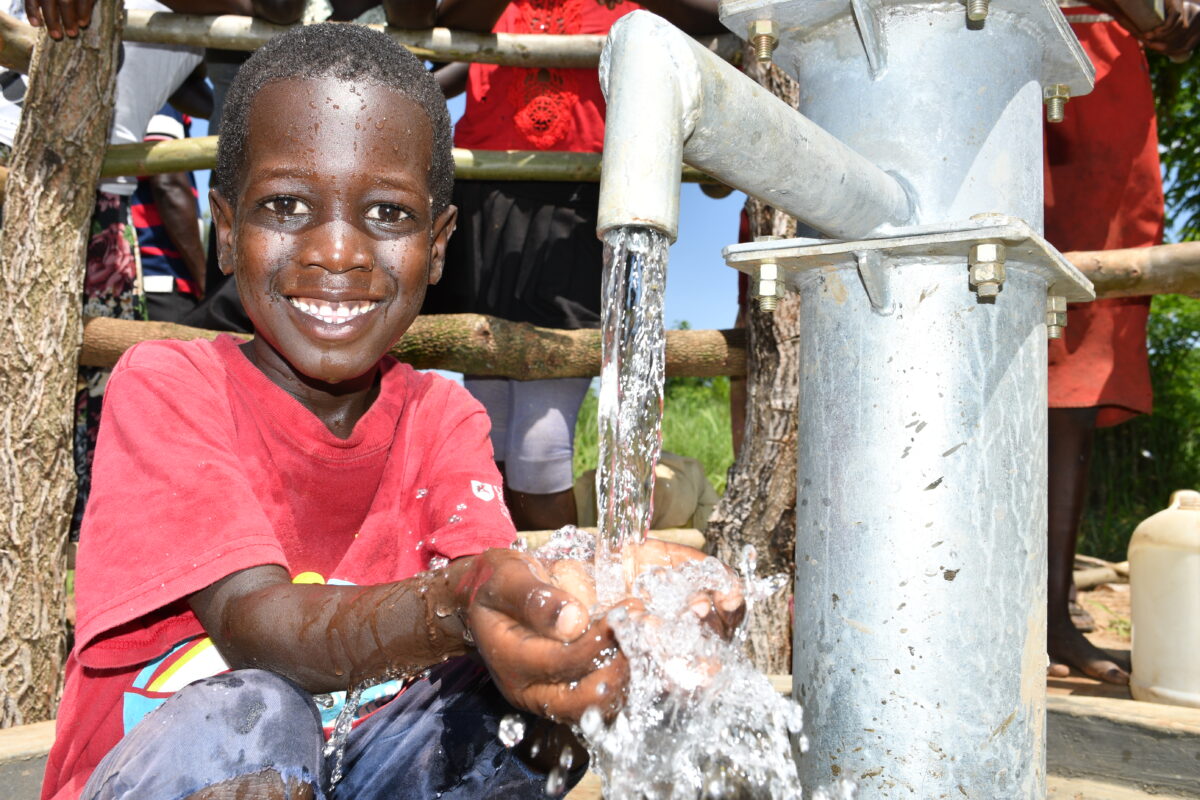
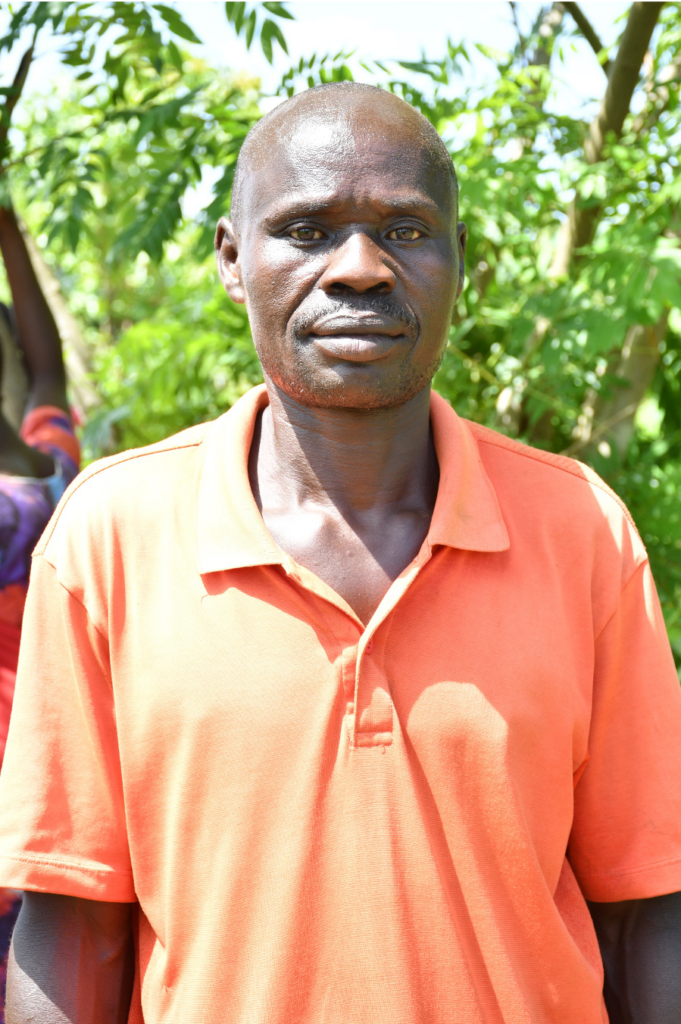
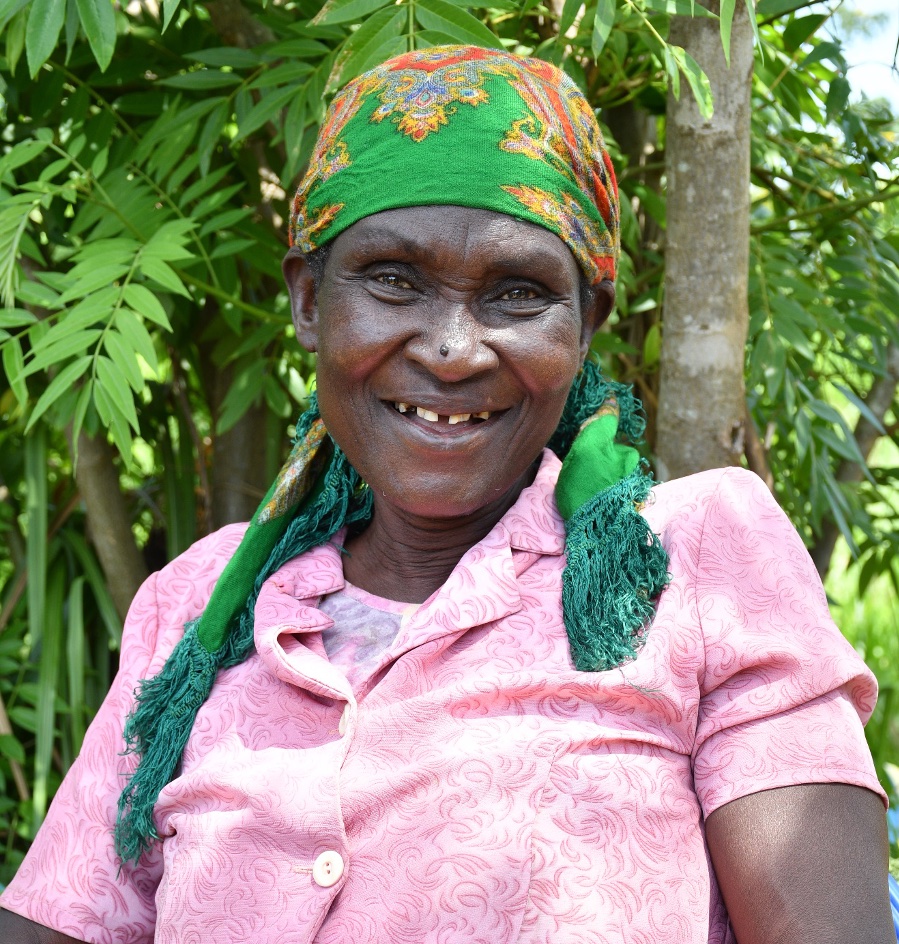
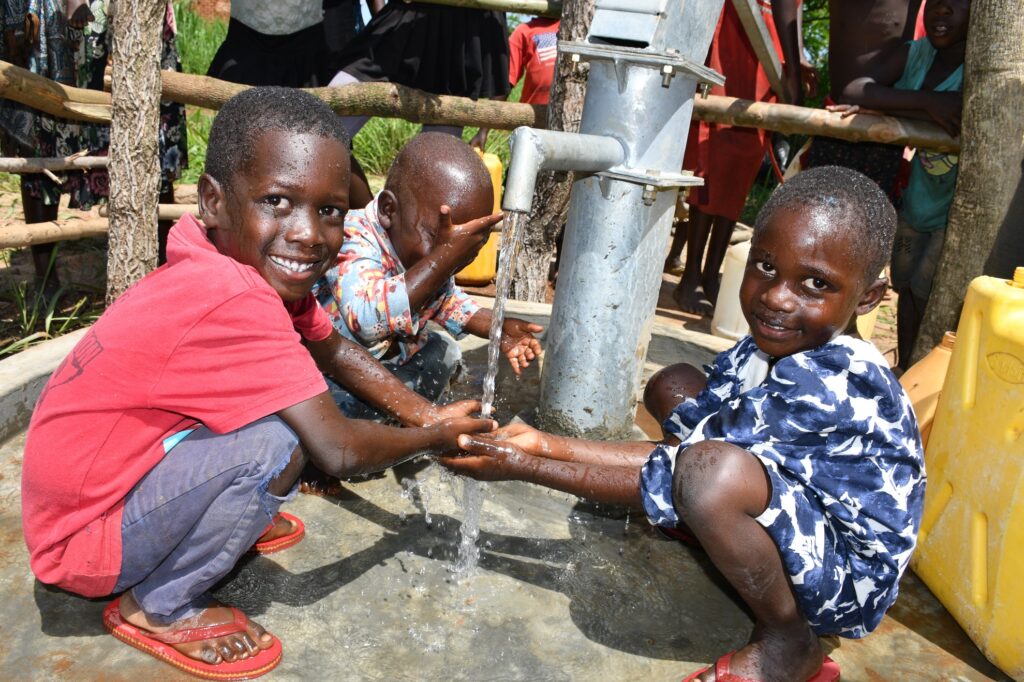
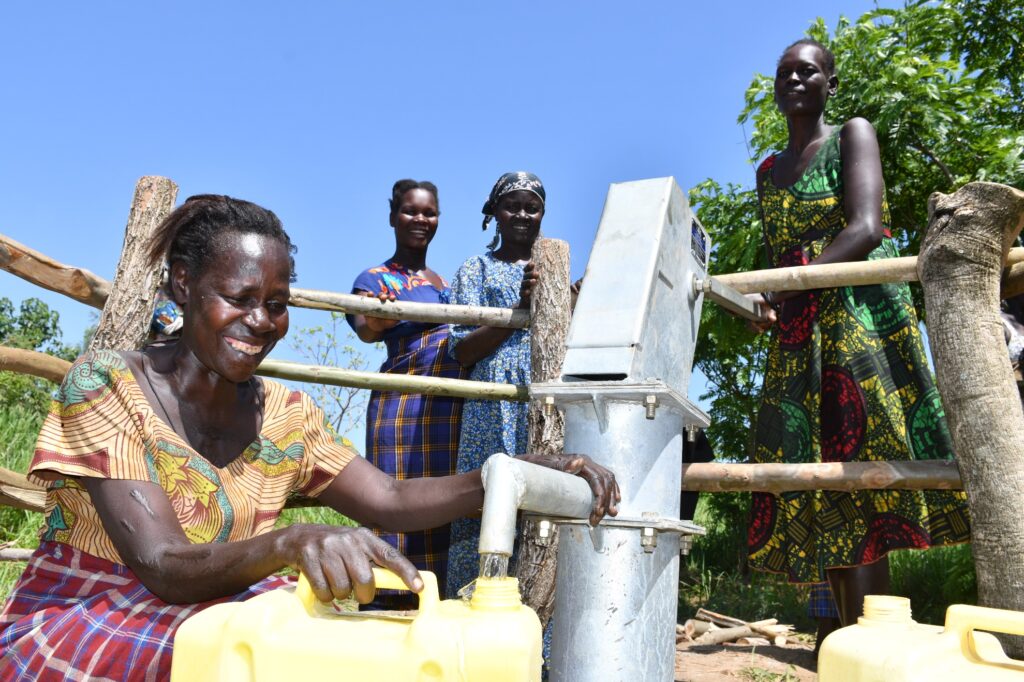
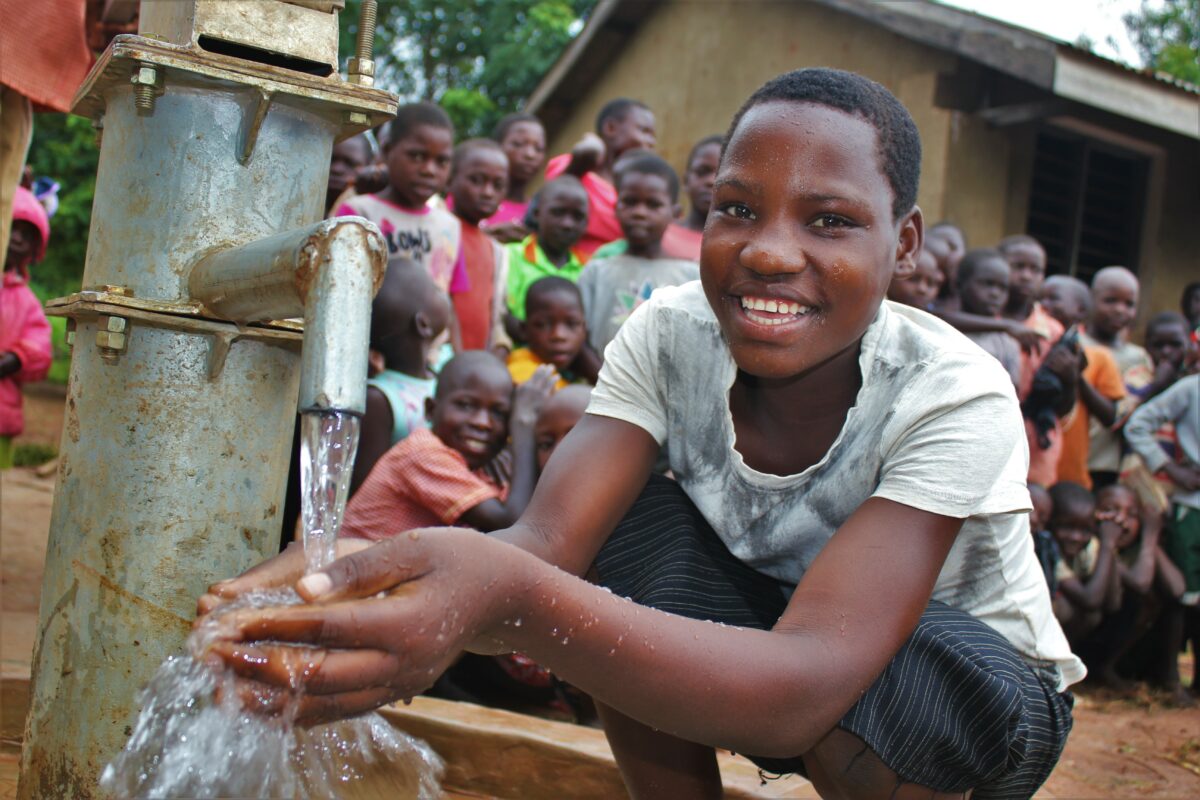
 Mr. Owino Isaac, the Headteacher St. Vicent Buliganwa primary school
Mr. Owino Isaac, the Headteacher St. Vicent Buliganwa primary school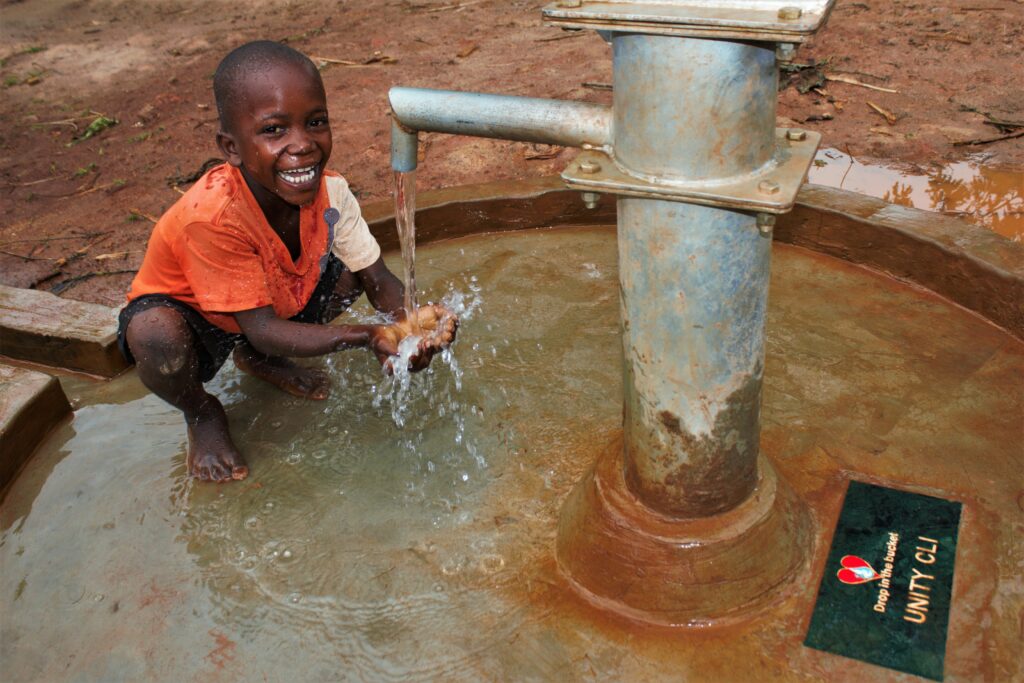
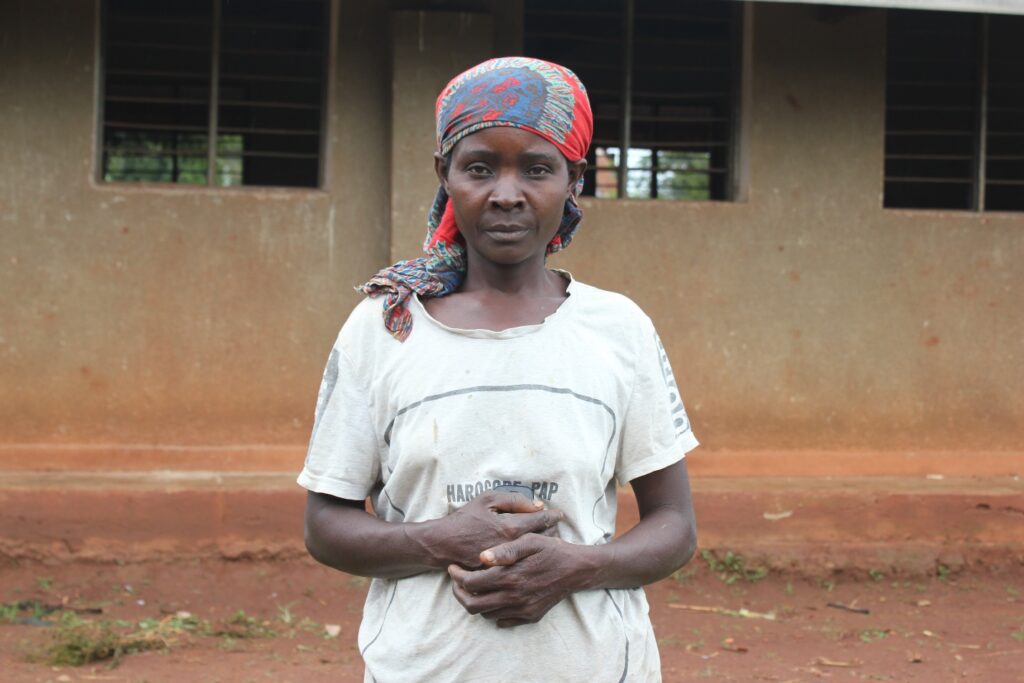
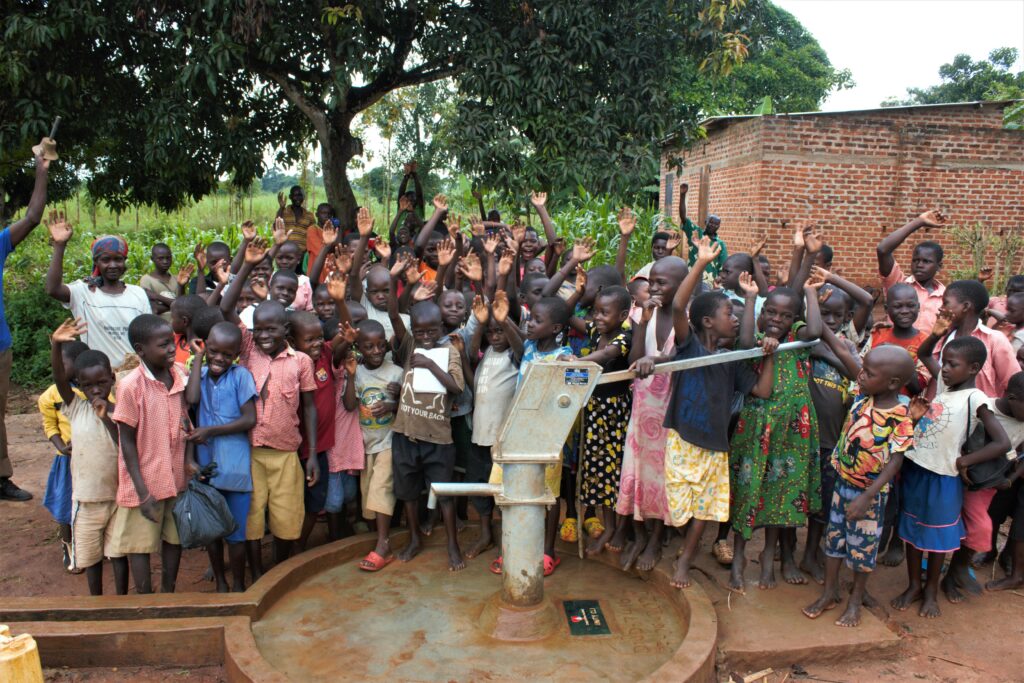
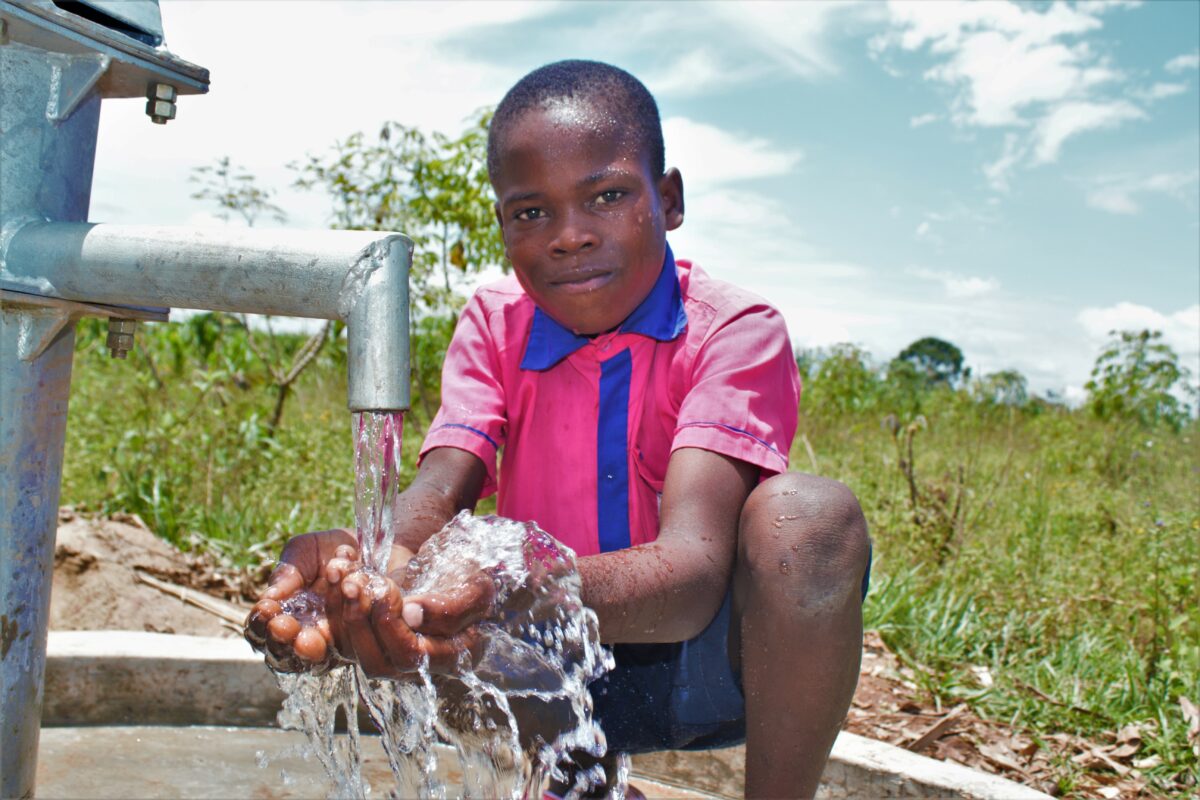


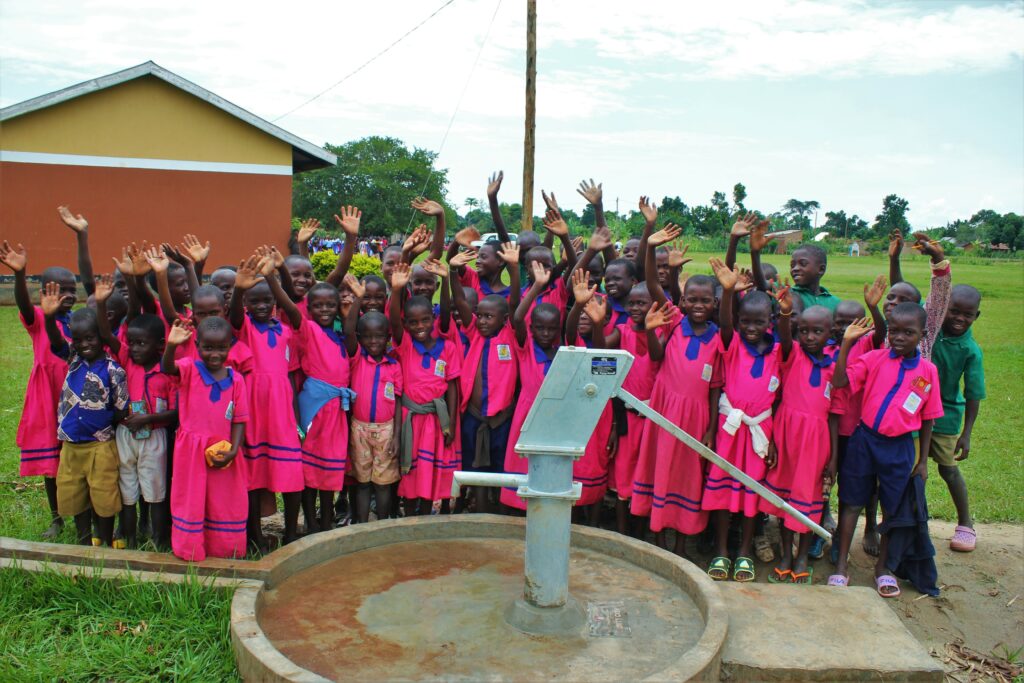
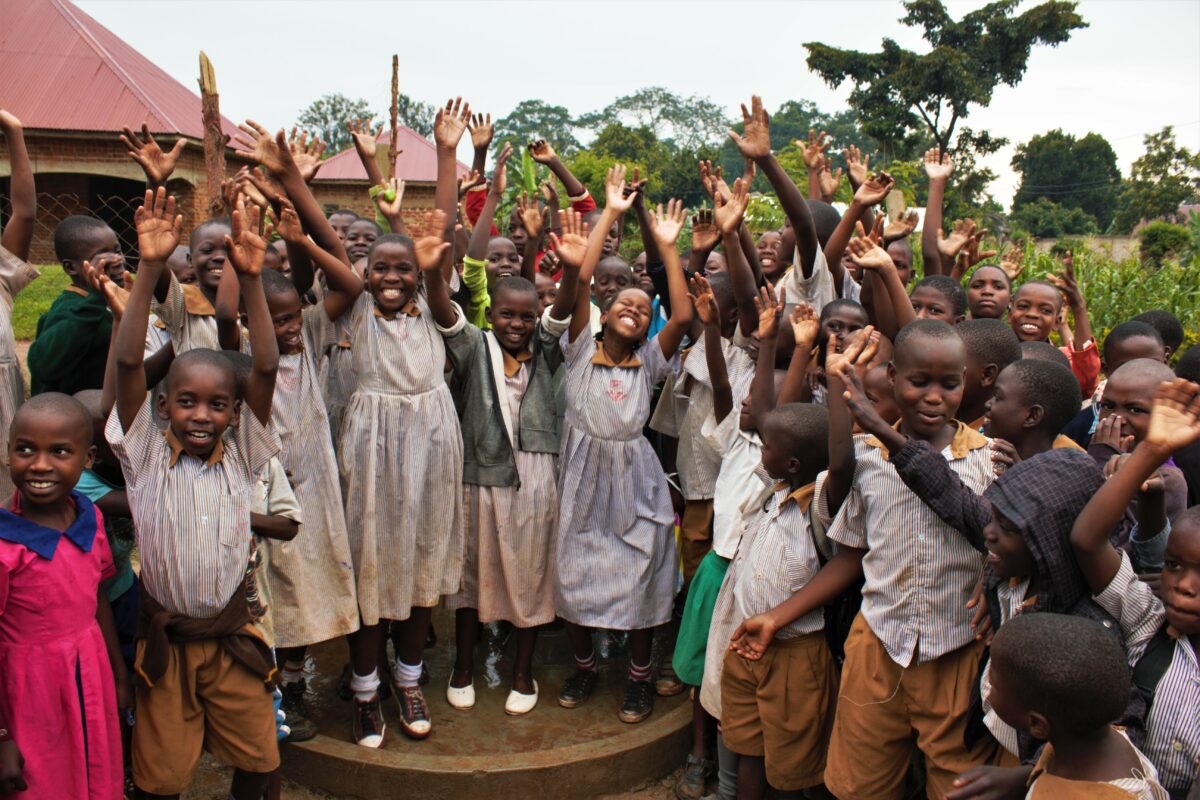
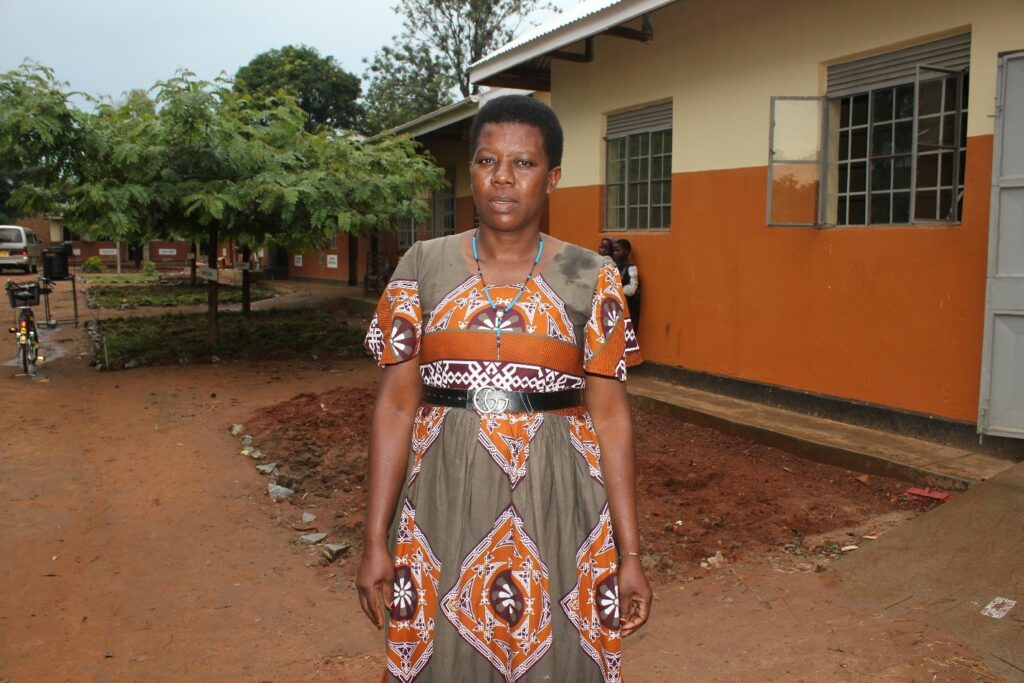 Naigaga Madinga headteacher from the Bulubandi Primary School in Uganda
Naigaga Madinga headteacher from the Bulubandi Primary School in Uganda Muhondo Eric, the senior male teacher at Bulubandi primary school in Uganda
Muhondo Eric, the senior male teacher at Bulubandi primary school in Uganda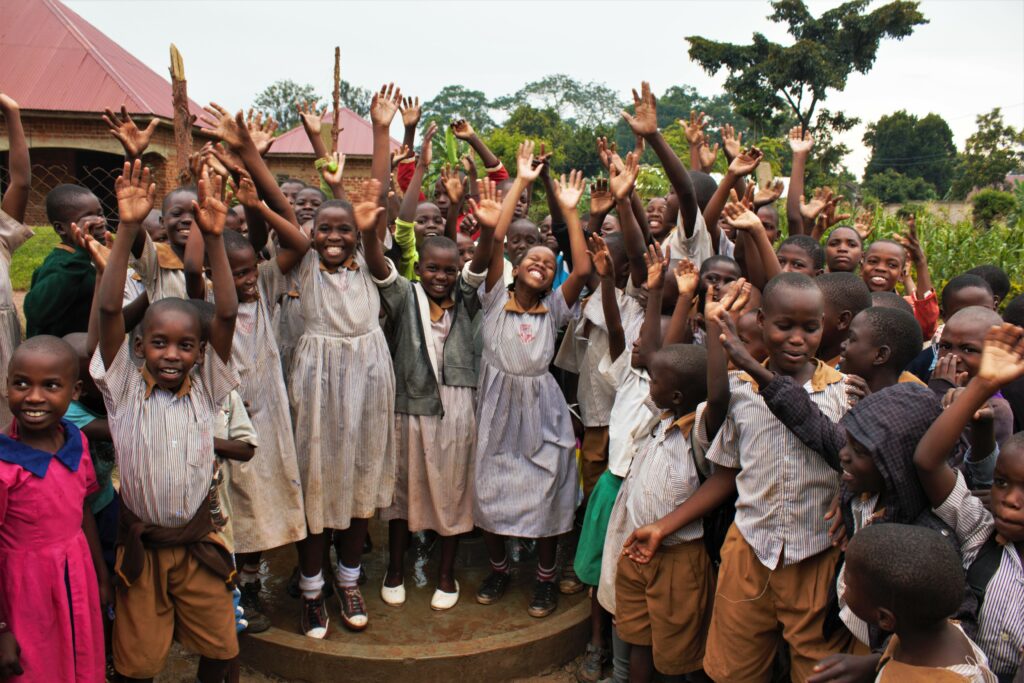 Students excited about the new well at Bulubandi Primary School in Uganda
Students excited about the new well at Bulubandi Primary School in Uganda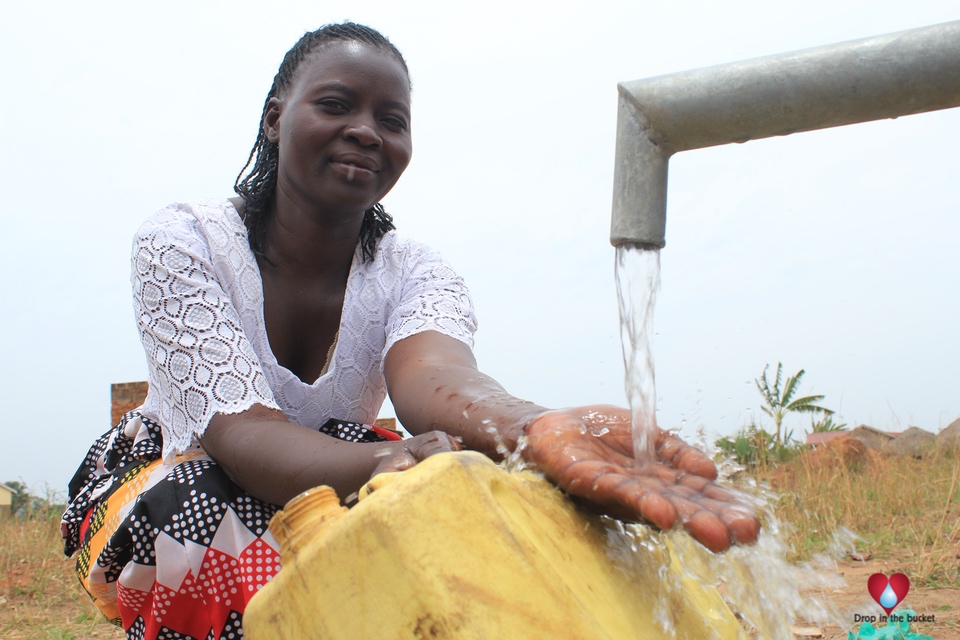
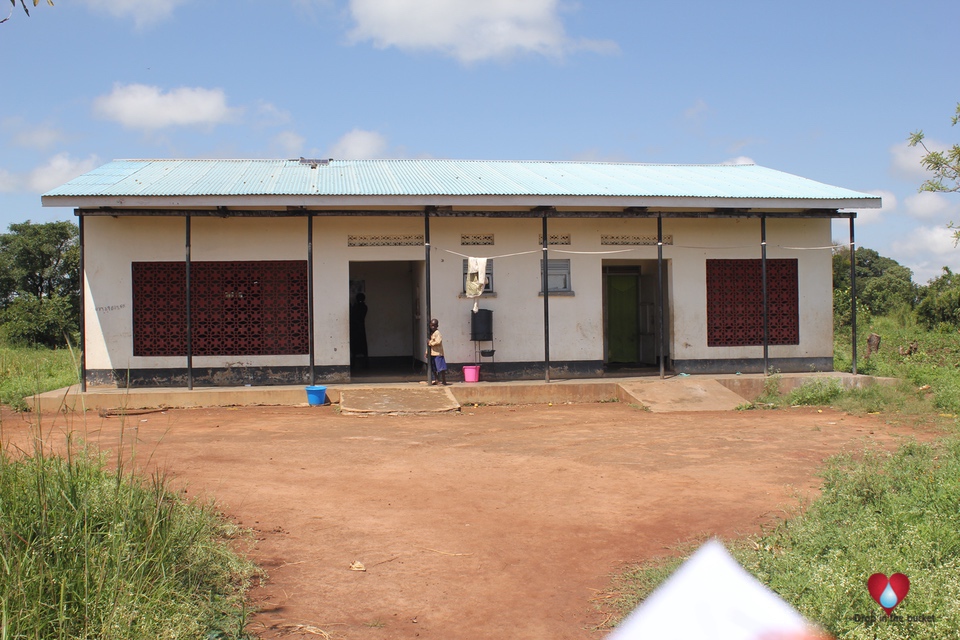 Located in the Pader district of northern Uganda, the Angole Health Center II used to struggle to provide basic care to its patients due to unsafe water. The health center, situated near a trading center, serves as a vital community hub, yet its lack of a clean water source hampered its ability to deliver effective medical care.
Located in the Pader district of northern Uganda, the Angole Health Center II used to struggle to provide basic care to its patients due to unsafe water. The health center, situated near a trading center, serves as a vital community hub, yet its lack of a clean water source hampered its ability to deliver effective medical care.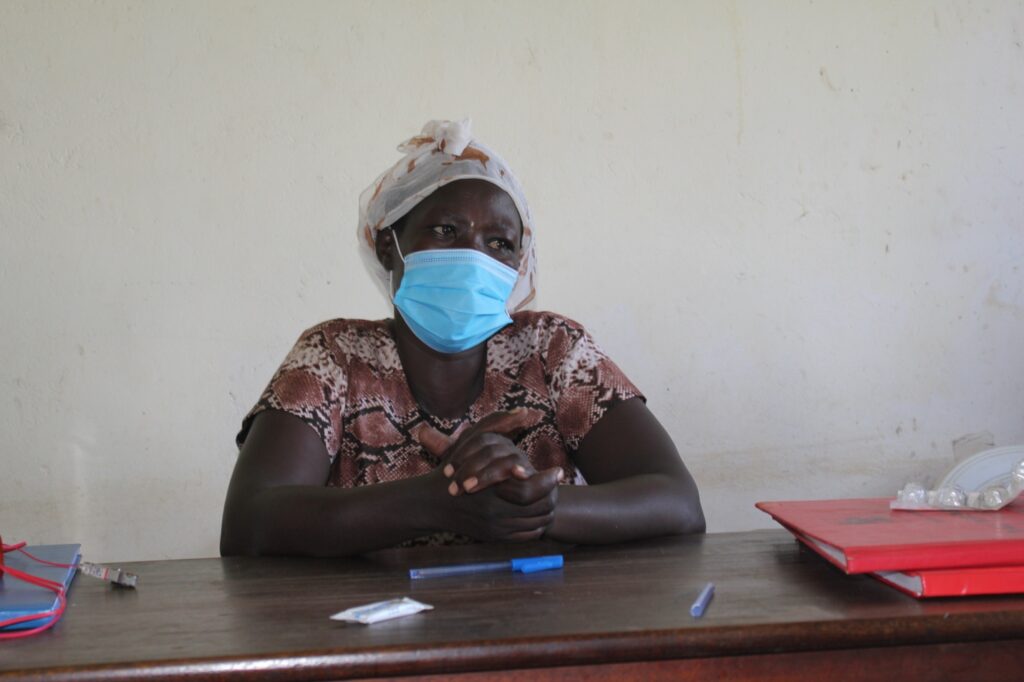 Meet Awor Margaret
Meet Awor Margaret